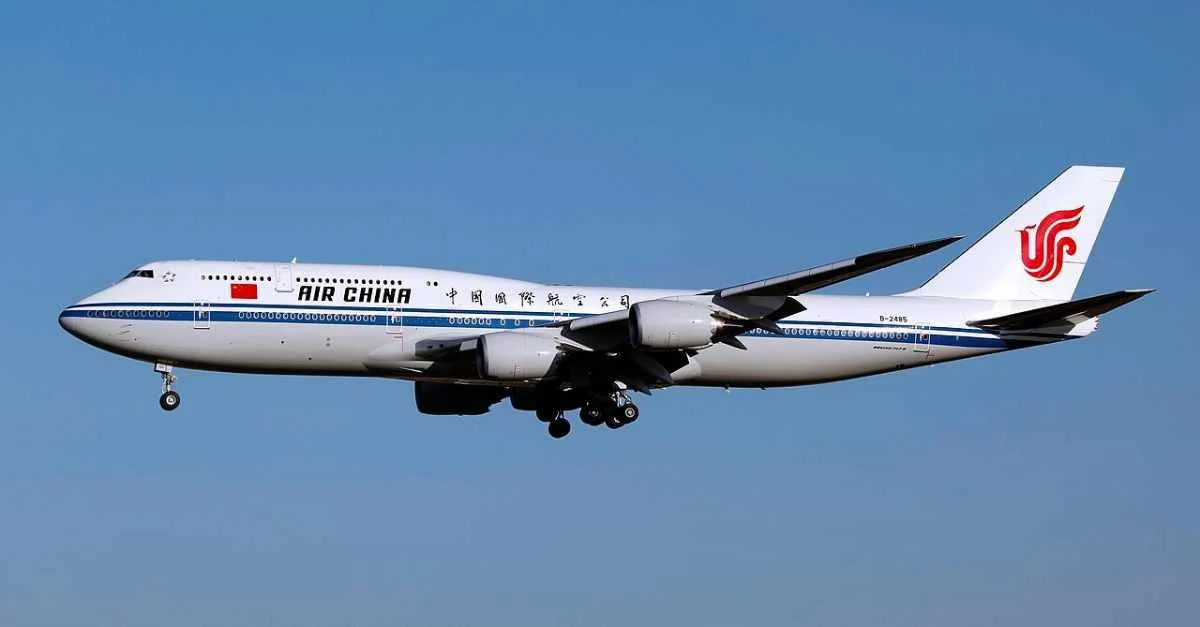These aircraft are able to take advantage of smaller airports and can be flown by a single pilot.
Private Aviation or Commercial Aviation?
People who do a lot of first-class commercial air travel, whether the expenses are out-of-pocket or company-paid, and they start to consider the benefits of private aviation, should keep the following air travel hierarchy in mind:
Before switching from commercial aviation to private aviation, the rationale for doing so should include travel convenience and flexibility. There are other factors to consider, but they are unlikely to rise to a level of importance greater than convenience and flexibility.
If adequate rationale is confirmed, consider booking a trip and flying on a private jet that might be of interest. This will help decide whether the experience was favorable or not, and whether to take the next step of leasing or buying.
If everything points to acquiring a private business jet, determine whether to buy it or lease it. If owning a private business jet is not going to be a long-term need, consider leasing a jet in lieu of buying one.
Booking and flying on (not buying or leasing) a private business jet - small vs large
The majority of this article will focus on the complex transaction of buying or leasing a private business jet. But, the first discussion is much simpler: The pros and cons of a smaller plane vs a larger one.
When it comes to booking a reservation and flying on a small vs large business jet, it is mostly about the cost and the size of your party. Generally speaking, the perks and amenities have a lot of overlap between the two sizes.
If speed-to-destination is an important factor, small business jets are significantly slower and cannot fly as high as larger ones. Comparing the airspeed of a small Cessna Citation CJ4 vs. a larger Gulfstream G650 reveals: CJ4: 450 mph vs. G650: 610 mph.
Commercial air carriers do not fly above 45,000 ft., with small business jets typically topping out at this same altitude. Most large business jets can fly up to 50,000 ft., avoiding congestion below.
"If you are booking/flying experience on a small or large business jet is not to your liking," says one expert; "the good news is it was only one trip! Choose a different plane on your next trip... "
Common factors in any business jet purchase include convenience and flexibility.
"If an aircraft purchase is being considered," notes another expert; "the rationale should include owner flexibility and convenience."
No Dealers - Throughout the business world," remarks yet another specialist; "a major consideration for any company is their marketing and sales planning . "
When it comes to marketing any aircraft," they add; "OEM-endorsed dealerships . "
The purchasing process involves working with brokers & aviation experts & can take over year due factory backlogs depending OEM/model
Buyer Technical Competency - Either buyer themselves/contracted technical expert must conduct detailed analysis complex aspects transaction examples FMV fair market value comprehensive inspection FAA-licensed mechanic review records determine airworthiness regulatory compliance
Flight Time...the Vital Metric - Flight time engine run important making purchasing decisions known Tach Time Engine often referred Hobbs accurate representation hours tenths hour plane engines running regardless started hangar troubleshooting taxiing pilots log based anytime pilot sitting seat considered overall task flying Tach registers RPM exceeds predetermined amount throttle advanced takeoff purpose track under load Knowing informs wear tear significant maintenance near future Aircraft age warranties important cars however note contracted maintenance plan transfer new owner Purchase Price Fixed Costs For many uncommon most expensive single item bought higher vehicle home Fixed costs expenses price paid regardless usage upwards value includes storage fees insurance fuel aircrew wages common question prospective buyers rich own Institute Policy Studies published May High Flyers Report answered median net worth full fractional respectively represent percent global population owning overwhelmingly male age concentrated industries banking finance real estate Depreciation just capital expense depreciate period years owner advantage financial statements tax filings
 Alerts Sign-up
Alerts Sign-up





































